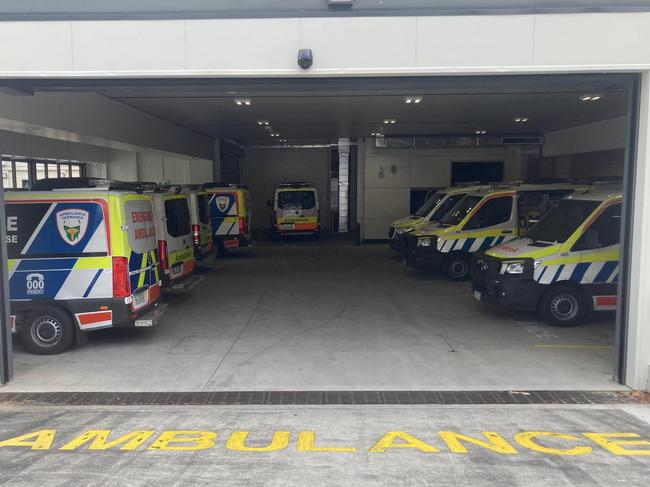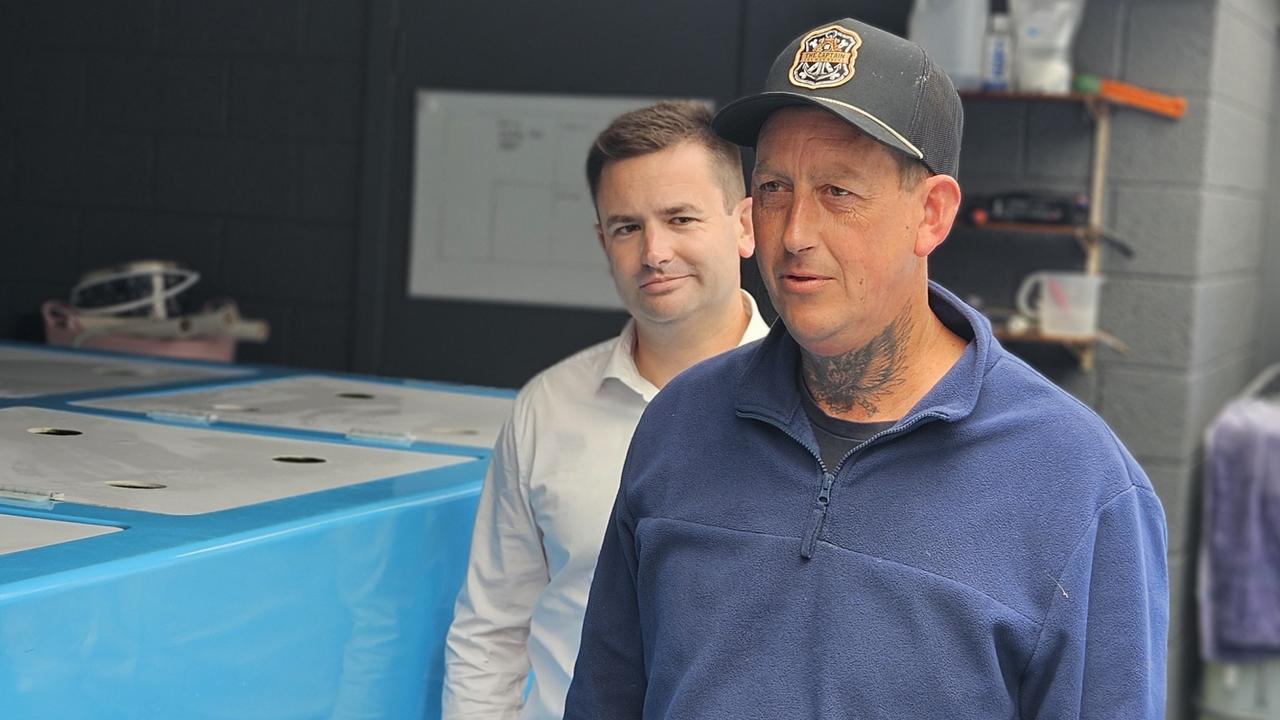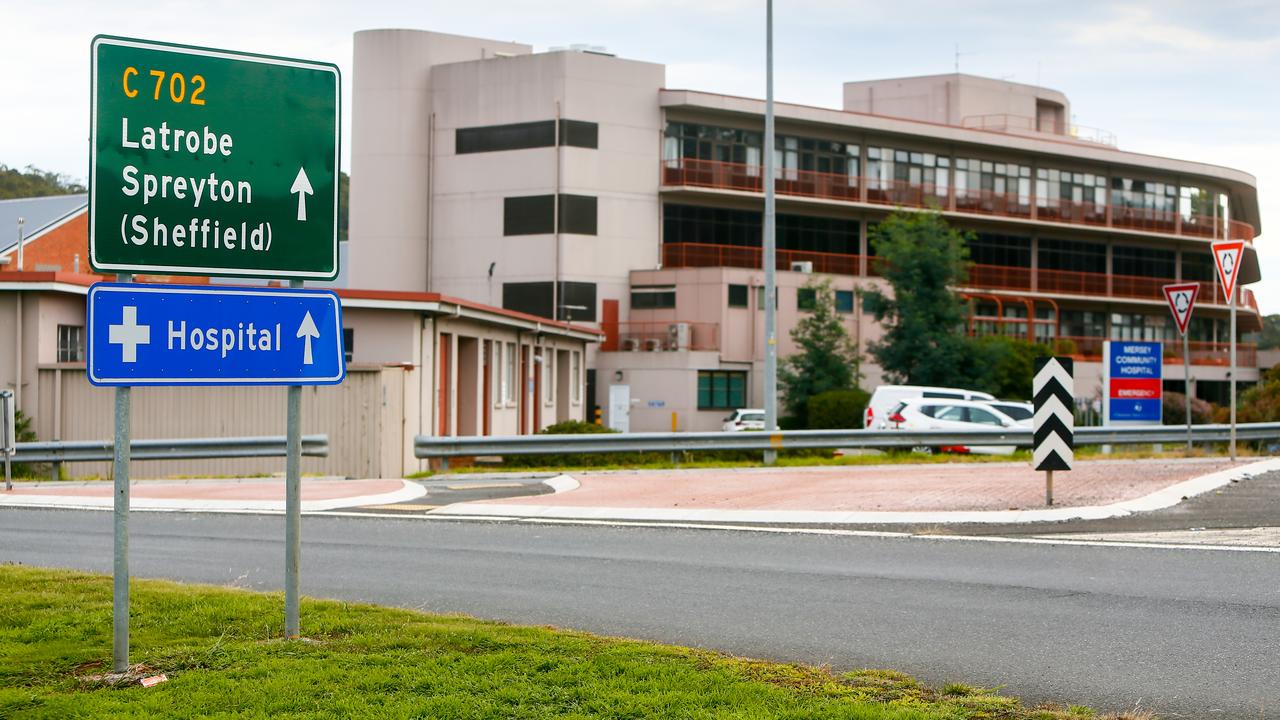Coroner finds woman in 70s died while being ramped at Launceston General Hospital for eight hours
A coroner has slammed the substandard care given to a woman who died after being ramped at a Tasmanian hospital for eight hours – saying “cases like this one will continue to occur”.

Tasmania
Don't miss out on the headlines from Tasmania. Followed categories will be added to My News.
A coroner says he is “pessimistic” about Tasmania’s ambulance ramping crisis after a Launceston woman died having been ramped for almost eight hours.
In his findings published on Tuesday, Coroner Robert Webster said 71-year-old Anne Helen Pedler died from lung blood clots and deep vein thrombosis while ramped and waiting for a CT scan at Launceston General Hospital (LGH).
“Ramping” is a term used when emergency departments reach capacity, with patients forced to wait in ambulances on the ramp outside the hospital, often unable to access the treatment they need.
Mr Webster said an ambulance was called to the woman’s Kings Meadows home just before midnight on August 5, arriving at the LGH about 12.45am.
Mrs Pedler, who was suffering shortness of breath, nausea and dizziness, was medically reviewed with an electrocardiogram, and a pulmonary embolism considered likely.
Mr Webster said pathology tests were run and a CT scan requested, but not performed.
About 8.30am, while still ramped and under the care of Ambulance Tasmania, Mrs Pedler suffered a cardiac arrest and died.
A root cause analysis conducted by the Tasmania Health Service noted Mrs Pedler had remained in the care of paramedics as no beds were available for her in the hospital.
The analysis found although her pathology request was marked urgent, with her blood test sent for screening “without delay”, the on-call pathologist was not alerted with a follow-up phone call.
It said after-hours, when medical imaging staff weren’t rostered on, the printer was not checked for requests – so staff were only alerted to urgent requests via a phone call.
“Consequently, the results did not become available until hours later,” the report said.
The analysis also noted an urgent scan was necessary to provide a “definitive diagnosis” and form an initial medical plan, but there was a long delay in ordering the scan due to waiting for the urgent blood results.
The analysis team made a number of recommendations, including the establishment of a 24-hour radiology service at the LGH, and training for staff in how to request diagnostic tests out of hours.
The team said Mrs Pedler’s condition had been potentially survivable if an anticoagulant had been given to her in the emergency department.
A coronial medical consultant said the severity of her illness had been “underestimated in the extreme”.
Mr Webster said while he couldn’t say if Mrs Pedler would have survived if she’d received treatment in a timely manner, he slammed her treatment as “substandard”.
He said he was pessimistic about any progress being made on ramping, noting the pressure on emergency departments across the country.
“Sadly it seems to me until issues associated with the resourcing of emergency departments and access to general practitioners are resolved, by those with the responsibility and power over such issues, cases like this one will continue to occur,” he said.
Mr Webster also noted the analysis team had been “silent” on what the Tasmania Health System proposed to do about ramping.
More Coverage
Originally published as Coroner finds woman in 70s died while being ramped at Launceston General Hospital for eight hours





